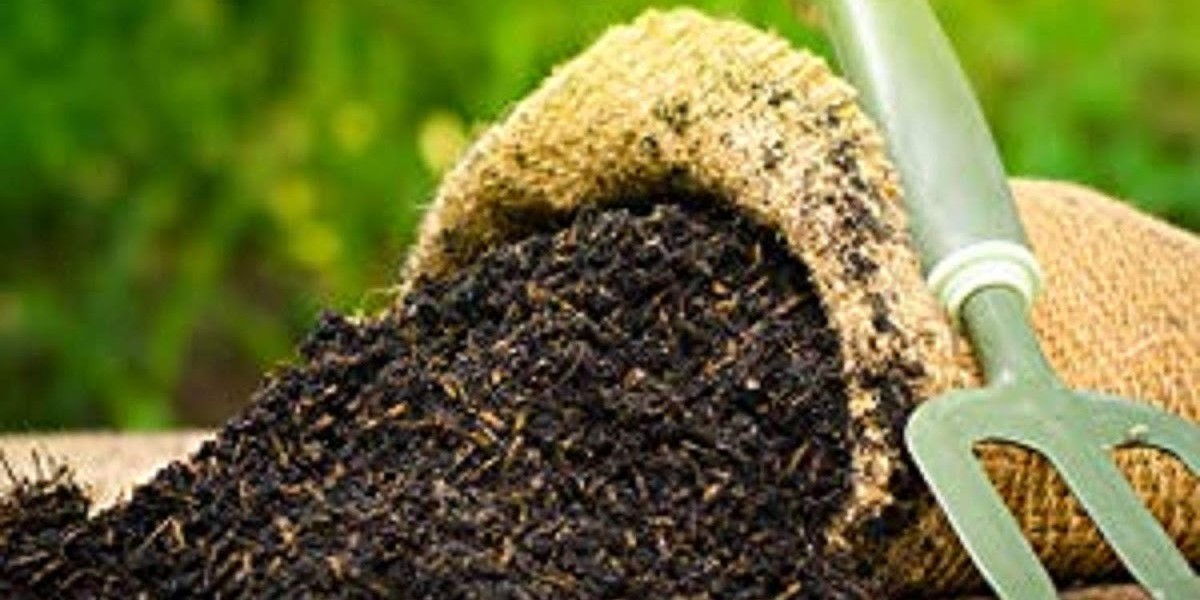Organic Fertilizers – Nature’s Way to Enrich the Soil
What is it?
Natural fertilizers are products derived from either plant or animal matter. They are made from natural sources like animal manures, compost, cover crops, and mulch, instead of synthetic chemicals. Natural fertilizers contain essential plant nutrients like nitrogen, phosphorus, and potassium which can nourish crops, but they release nutrients slowly over time as they break down.
Benefits of Organic Fertilizers
Natural fertilizers have several benefits when compared to chemical fertilizers:
Nutrient Retention
One of the major advantages of natural fertilizers is their ability to retain nutrients in the soil for an extended period. As they slowly decompose, essential nutrients become available to plants over weeks or months. This prevents nutrient leaching and run-off that often occurs with chemical fertilizers after heavy rainfall or irrigation.
Soil Improvement
The decomposition process of organic matter improves the physical and biological properties of soil. It increases soil organic content which helps retain moisture and create better structure for roots to grow. Soil organisms are also stimulated which aids nutrient cycling processes in soil.
Less Environmental Impact
Natural fertilizers reduce pollution risks for ground and surface waters. Their slow-release properties prevent nutrient overload from directly entering waterways. They are also non-toxic for soil microbes and earthworms unlike some synthetic fertilizers and pesticides.
Cost Effectiveness
While natural fertilizers require more applications than chemicals, they prove beneficial in the long run. Once applied, their nutrients remain available to successive crops for one or two seasons, reducing re-application costs. Homemade compost is also inexpensive to produce.
Types of Organic Fertilizers
Some commonly used natural fertilizer types include:
Compost - Made from decomposed plant and food waste, it contains all essential plant nutrients. It improves soil structure and water retention.
Manure - Well-rotted animal manures like cow, poultry and sheep are excellent sources of nitrogen, phosphorus and other trace elements for soil.
Cover Crops - Green manure crops like clover and alfalfa are plowed back into soil adding nutrients and improving tilth.
Mulches - Materials like grass clippings, straw and leaves enhance soil organic matter when tilled under.
Seaweed Extract - Liquid seaweed extracts contain growth regulators and micronutrients that boost plant growth and yield.
Bone Meal - A good source of phosphorus and calcium, it is applied as a soil amendment in vegetable and flower beds.
Application of Organic Fertilizers
Natural fertilizers are usually surface applied or tilled into soil before planting. Proper application involves:
Testing Soil Nutrients - A soil test helps determine which nutrients need supplementation and how much to apply.
Timing - Fall season is ideal for applying fertilizers that break down slowly through winter. Spring applications are made 4-6 weeks before main crop planting.
Watering After Application - Watering helps incorporate nutrients into soil and activate the decomposition process.
Rate - The recommended rate varies with fertilizer type but is usually lower than chemical fertilizers since nutrients are released gradually over time.
Re-application - Most natural fertilizers may need to be reapplied annually or as required by soil test results to sustain nutrient levels in soil.
Benefits of Natural Fertilizers on Crop Production
When used judiciously in conjunction with good farming practices, natural fertilizers can significantly improve soil fertility and crop yield over time:
Vegetable Gardens - Vegetables respond very well to organic matter additions that improve soil structure for better root growth and nutrient availability.
Fruit Orchards - Compost and manure applications promote larger, higher quality fruit production through enhanced tree growth and soil biology.
Field Crops - Cover crops plowed under provide nutrients for grain cereals while building overall soil health of the land.
Turf and Lawns - Grass grows thick and green with regular applications of compost or manure stimulating root development and wear tolerance.
Flowers - Natural fertilizers supply an optimum nutrient balance for boosting blooms, colors and plant vitality in garden flowers and ornamentals.
Where to Source Organic Fertilizers?
Organic gardening suppliers and local farm stores are good options to procure quality natural fertilizers. Several organic products can also be homemade using easily available ingredients like leaves, grass, kitchen waste and animal manure. Community composting programs facilitate sourcing compost produced from municipal and food waste. Overall, shifting to natural fertilizers leads to sustainable land management practices that will benefit both current and future generations of farmers and gardeners.
Siddhi Gade
30 Blog posts



